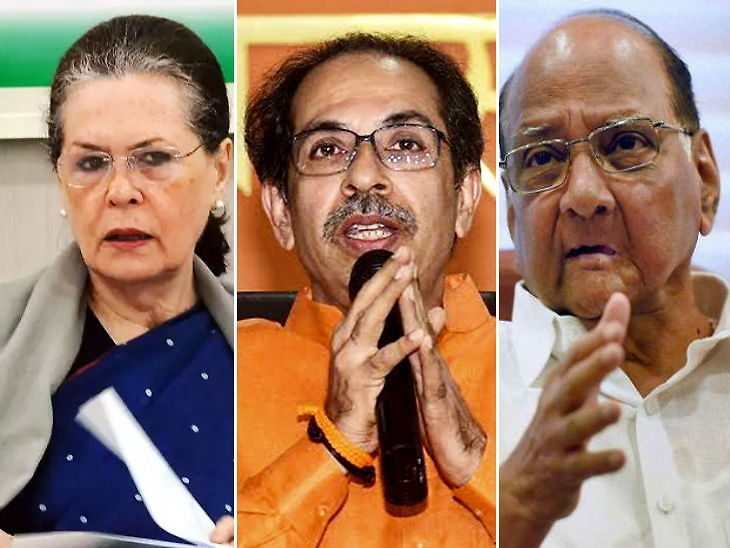 Janjivan Bureau / New Delhi : The Nationalist Congress Party on Wednesday downplayed the morning meeting between their chief Sharad Pawar and Prime Minister Narendra Modi terming it a purely governance-related matter.
Janjivan Bureau / New Delhi : The Nationalist Congress Party on Wednesday downplayed the morning meeting between their chief Sharad Pawar and Prime Minister Narendra Modi terming it a purely governance-related matter.
“Sharad Pawar ji met the PM to raise the distress of rain-affected farmers of Maharashtra and seek assistance for them,” NCP spokesperson Nawab Malik said.
Pawar met the PM at Parliament House and spoke to him about the severe distress the Maharashtra farmers are facing due to recent rain. The NCP chief’s meeting with the PM at a time of intense deliberations around the Maharashtra government formation sparked the speculation in political circles with regard to the intentions of the NCP.
The NCP was quick to clarify that the meet was apolitical.
Meanwhile, the NCP and the Congress will meet later in the day to continue talks on alternative government formation in Maharashtra.
Sources said four leaders from the NCP and Congress each would assemble at Pawar’s Delhi residence on Wednesday evening and thrash out the nuances of a common minimum programme for governance in the state.
Once the two parties reach a meeting ground, Pawar will speak with the Shiv Sena without which no alternative formation is possible in the country’s financial capital.
Congress sources said party chief Sonia Gandhi was amenable to a pact with the Sena but had put a common minimum agenda at the heart of any such understanding.
The Congress is also learnt to have veered towards joining the government should one be formed with the Sena and NCP.
Pawar, meanwhile, met the PM to flag the condition of farmers of the state and demanded unconditional loan waiver for all farmers there.
Pawar told the PM that farmers in 325 talukas of the state had been affected by recent rain which damaged their crops on 52 lakh hectares.
The NCP released the letter Pawar gave to the PM on the issue. The NCP chief sought immediate measures to ease credit assistance to farmers, loan waiver for them, central assistance of adequate proportions, easy crop loans and a direction to insurance firms not to reject the claims of farmers on technical grounds.
NCP, Cong to meet this evening to discuss govt formation in Maharashtra
ADVERTISEMENT

















